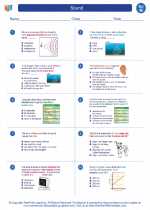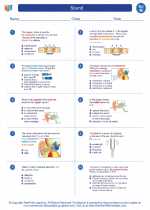What is Embryology?
Embryology is a branch of biology that focuses on the development of an embryo from the fertilization of the ovum to the fetus stage.
Importance of Embryology
Embryology is important as it provides insights into the processes involved in the formation and development of organisms. It is also crucial in understanding birth defects and developmental disorders.
Embryonic Development
Embryonic development refers to the series of processes that occur from the fusion of the sperm and egg to the formation of a complete organism.
Organogenesis
Organogenesis is the process by which the organs are formed during embryonic development. It involves the differentiation and development of various organ systems.
Morphogenesis
Morphogenesis is the process by which the organism takes shape and form. It involves the spatial distribution of cells and tissues to create the overall body plan.
Processes in Embryology
- Gametogenesis
- Fertilization
- Cleavage
- Gastrulation
- Neurulation
- Organogenesis
- Growth and Development
Embryology and Evolution
Embryology has provided significant evidence for the theory of evolution. The similarities in embryonic development among different species support the idea of a common ancestry.
Embryology and Medical Applications
Embryology is crucial in understanding and treating birth defects and developmental disorders. It is also important in the field of reproductive medicine and assisted reproductive technologies.
Embryology and Stem Cell Research
Embryology is closely associated with stem cell research, as it involves the study of how stem cells differentiate and develop into various cell types during embryonic development.
.







